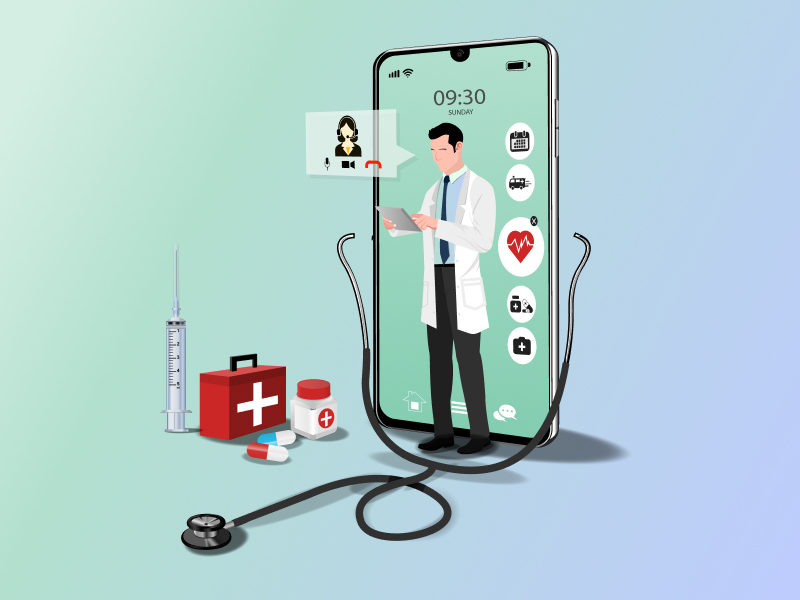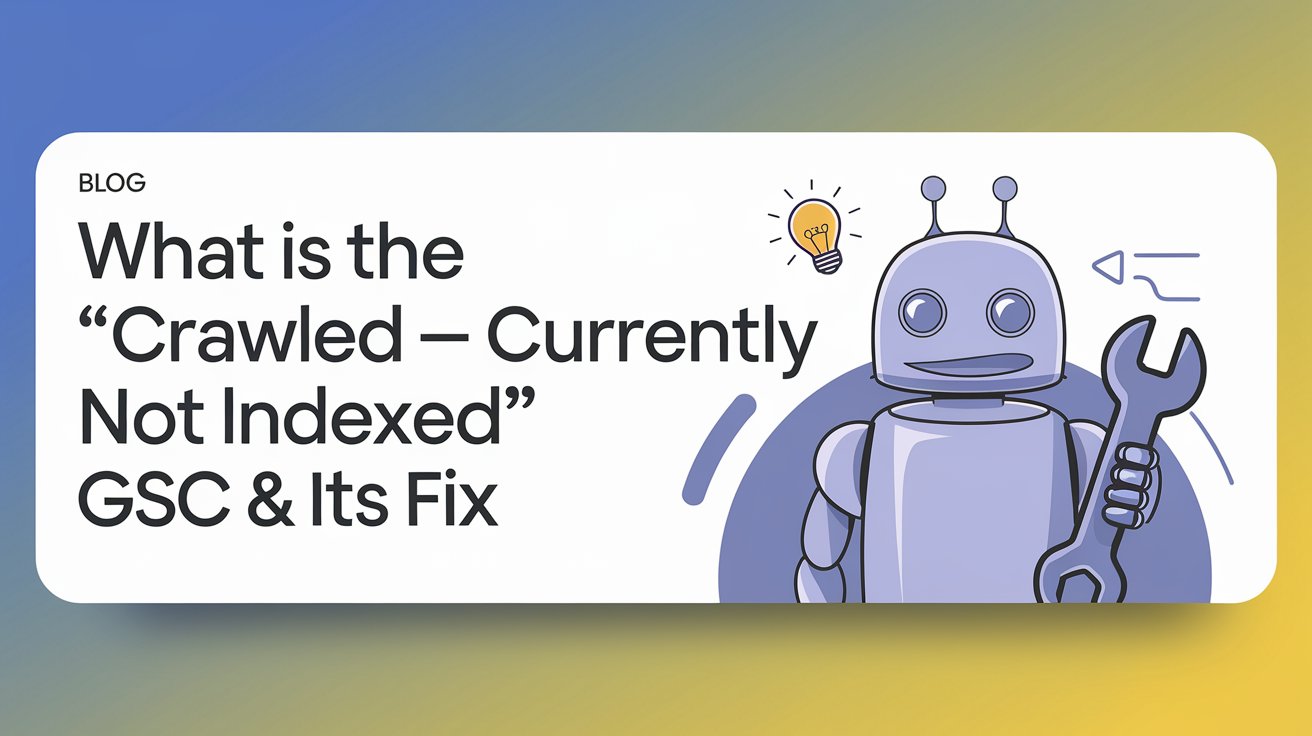The integration of Artificial Intelligence (AI) into healthcare app development services is revolutionizing the way healthcare is delivered, from diagnosis to treatment. As AI technologies continue to evolve, they are increasingly being incorporated into healthcare apps to provide smarter, more efficient, and personalized care. Here’s a look at how AI-driven innovations are transforming healthcare apps and what this means for the future of healthcare.
1. Enhancing Diagnostic Accuracy
AI-powered healthcare apps are significantly improving diagnostic accuracy by leveraging advanced algorithms and machine learning models. These apps can analyze vast amounts of medical data, including patient history, symptoms, and test results, to provide more accurate diagnoses. For example, AI can assist radiologists in interpreting medical images, such as X-rays and MRIs, by detecting subtle patterns and anomalies that might be missed by the human eye. This not only speeds up the diagnostic process but also reduces the likelihood of errors.
2. Personalized Treatment Plans
One of the most exciting applications of AI in healthcare apps is the development of personalized treatment plans. AI algorithms can analyze data from a patient’s genetic information, medical history, and lifestyle factors to recommend tailored treatment options. This approach ensures that treatments are not only more effective but also reduce the risk of adverse reactions. Healthcare apps utilizing AI can provide real-time recommendations and adjustments to treatment plans based on ongoing patient data, leading to more dynamic and responsive care.
3. Predictive Analytics for Preventive Care
AI-driven healthcare apps are leveraging predictive analytics to enable preventive care strategies. By analyzing patterns in patient data, AI can identify individuals at risk of developing certain conditions before symptoms even appear. For example, AI can predict the likelihood of a patient developing chronic diseases such as diabetes or cardiovascular conditions based on their lifestyle and health data. This allows healthcare providers to intervene early with preventive measures, potentially reducing the incidence of severe health issues.
4. Virtual Health Assistants
Virtual health assistants powered by AI are becoming an integral part of healthcare app development services. These AI-driven tools can provide patients with instant medical advice, answer health-related questions, and assist in managing chronic conditions. For instance, AI chatbots can guide users through symptom checkers, offer medication reminders, and even schedule appointments with healthcare professionals. This enhances patient engagement and ensures continuous care, even outside of traditional clinical settings.
5. Streamlining Administrative Tasks
AI is not only transforming patient care but also streamlining administrative tasks within healthcare systems. AI-driven apps can automate routine administrative functions such as appointment scheduling, billing, and claims processing. This reduces the administrative burden on healthcare providers, allowing them to focus more on patient care. Additionally, AI can assist in managing electronic health records (EHRs), ensuring that patient data is accurately recorded and easily accessible.
6. Enhancing Drug Discovery and Development
In the realm of drug discovery, AI-driven healthcare apps are accelerating the research and development process. AI algorithms can analyze vast datasets to identify potential drug candidates and predict their effectiveness. This speeds up the discovery of new treatments and reduces the time and cost associated with bringing new drugs to market. By leveraging AI, pharmaceutical companies can also personalize drug development to better address individual patient needs.
7. Improving Patient Engagement and Adherence
AI-powered healthcare apps play a crucial role in enhancing patient engagement and adherence to treatment plans. Through personalized notifications, educational content, and interactive features, these apps encourage patients to stay engaged with their health and adhere to prescribed treatments. AI can track patient behavior and provide tailored recommendations to improve adherence, leading to better health outcomes.
Conclusion
AI-driven innovations are revolutionizing healthcare app development services by enhancing diagnostic accuracy, personalizing treatment plans, enabling preventive care, and streamlining administrative tasks. As AI technologies continue to advance, their integration into healthcare apps promises to further transform the way healthcare is delivered, making it more efficient, accurate, and patient-centered. The future of healthcare is being shaped by these AI-driven advancements, offering exciting possibilities for improving patient care and outcomes.
By embracing AI in healthcare app development, we are not just witnessing a technological shift; we are witnessing a fundamental change in how healthcare is approached and delivered, promising a healthier future for everyone.



